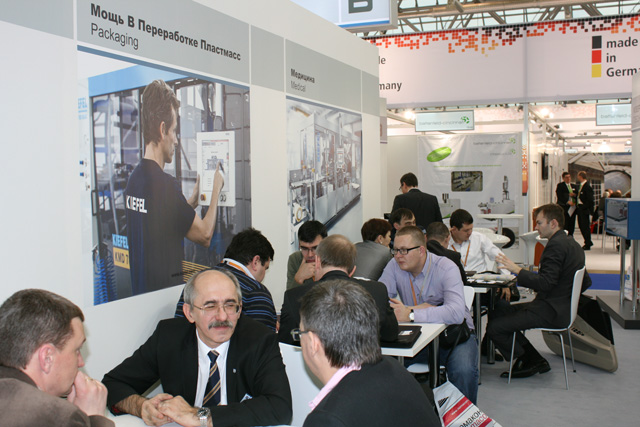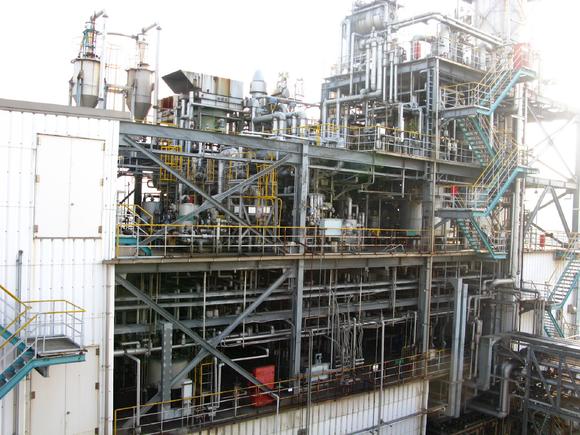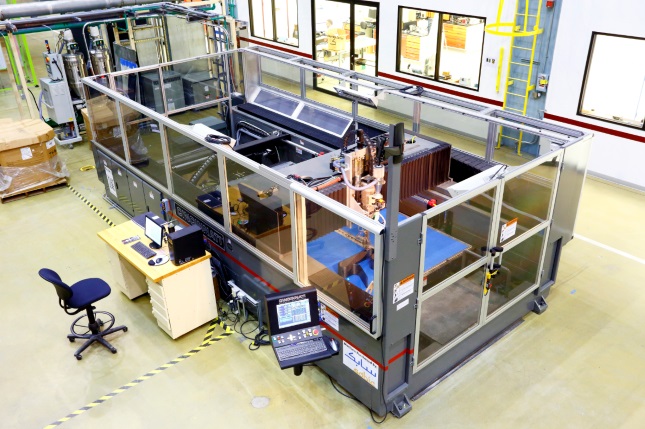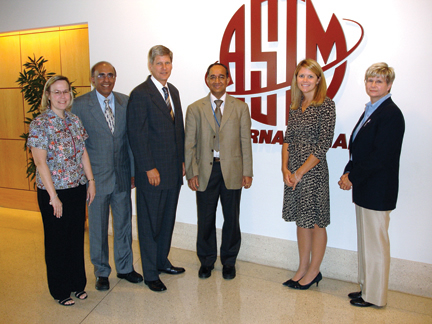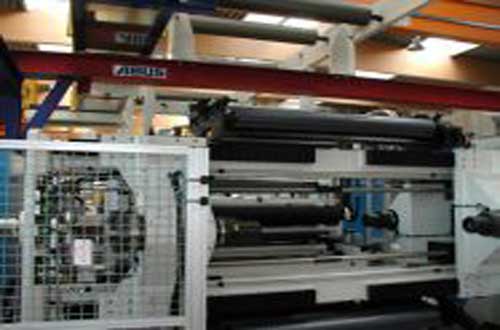Dr Mohammed Yousef al-Mulla is the managing director and chief executive officer of Qatar Petrochemical Company (Qapco). He is also the chair of the Plastics Committee for the Gulf Petrochemicals and Chemicals Association (GPCA).
Qatar is in the midst of rapid development. From ambitious real estate and infrastructure projects, to burgeoning arts and culture scene, our country is undergoing an exciting transformation, progressing towards a sustainable future for Qatar and its people.
There are challenges however.
In alignment with the Qatar National Vision 2030, it’s important that such development continues at a pace taking into account a multitude of factors; namely the protection of the natural environment.
While change and progress are inevitable, it is essential that we do so in an environmentally responsible manner and continue to seek and provide innovative solutions to support this strategy.
The littering and pollution of beaches, parks and seas has become a problem in recent years, with obvious impacts on the community, the environment and wildlife.
To tackle this growing issue, discussions around banning plastic bags in favour of biodegradable materials have become frequent among regulators and law makers in the Mena (Middle East and North Africa) region.
While the Gulf Petrochemicals and Chemicals Association (GPCA) – the body representing plastics producers in the region – agrees that serious steps need to be undertaken to tackle waste and littering, in our opinion, the application of a ban of conventional lightweight plastics bags in favour of so-called “degradable bags” is controversial and may introduce yet another set of problems.
The plastics industry believes that the introduction of legislation to ban plastic bags will not realise the goal that it was intended to achieve. On the contrary, any legal framework may lead to an increase in littering to our shorelines and to the desert. This is because, on the surface, the notion of implementing degradable plastic bags sounds like a good idea, but the reality is quite different.
Implementing the use of degradable plastic bags sends the wrong message to society, as people tend to think that because they degrade, they can be absorbed easily into the natural environment. In fact, degradable plastic bags need very specific conditions, in terms of humidity and sunlight, to disintegrate.
And, even when these conditions exist, fragments of plastic do not completely disintegrate; they merely fragment into smaller pieces of plastic. This is because degradable plastics have additives that interfere with the recycling process when they eventually fragment. Moreover, due to the small size of these fragments, collection and segregation becomes more complicated in the already complex process of recycling.
It is for these reasons that the plastics industry strongly advocates the principles of the four Rs:
n Reduce your usage of carrier bags
n Reuse carrier bags whenever possible
n Recycle plastic bags into new products
n Recover the energy from plastics
This conserves more natural resources, landfill space and energy. It is also better economic value for individuals and the society at large.
The GCC plastics industry also firmly advocates the use of durable and thicker plastic bags, over degradable bags; these are available in most stores and can be reused by consumers for a longer period. Durable bags are less likely to be discarded without much care to the environment.
Research shows that if people buy the bags then they are less likely to throw them away, therefore reducing littering. Charges for carrier bags have already been implemented in countries like Canada and the UK with positive results.
But, of course, this change and getting people into a similar mindset will only occur over a period of years. People need time to familiarise themselves with this new perspective. Also, regulation and fines against littering should be strongly enforced to help change human behaviour across the State of Qatar.
Some retailers in Qatar are now offering cotton, paper and other cellulose based reusable bags to customers, but what people may not be aware of is that producing these bags requires enormous amounts of energy and water. Their increased weight and density incurs a more significantly negative impact on the environment, especially considering the fact that they need to be imported to Qatar. Reusable and more durable plastic bags, on the other hand, are produced here in Qatar, and offer lighter and more flexible solution; they also offer a more environmentally friendlier solution.
The plastics industry in Qatar headed by Qatar Petrochemical Company (Qapco) can provide a solution for this problem. We need to take further advantage of the intrinsic properties of plastics as they are the ideal material for reusable, cost effective, local and more environmentally friendly carrier bags. Retailers also have to play their part by focusing on providing only reusable heavy-weight and non-woven plastics bags in their convenience stores, grocery shops and shopping centres.
Along with other environmental organisations, the GPCA has an annual Waste Free Environment campaign that brings attention to this problem across Qatar, and the Arabian Gulf.
Each year, Qapco collaborates with and brings together other industries and students from universities and schools take part in an environmentally friendly activity as part of Waste Free Environment Day. However, we can still see the waste in the environment due to irresponsible human behaviour. We need to support the full implementation of sustainable closed-loop waste management practices in all of Qatar and the governments can be a key driver in attracting downstream development to this segment of the economy.
Today, the plastic industry in Qatar accounts for 8% of the region’s 26.2mn tonne plastics portfolio. Plastics are creating significant socio-economic and diversification benefits to the national economy, and are contributing to the sustainable development objectives of the country’s National Vision 2030.
At the end of the day, littering is a problem that touches each and every one of us. The good news is that the solution to this issue is a collaborative one. We need to commit to and adopt truly sustainable solutions that address this major challenge and avoid the temptation to short-cut.
Website:www.gulf-times.com



